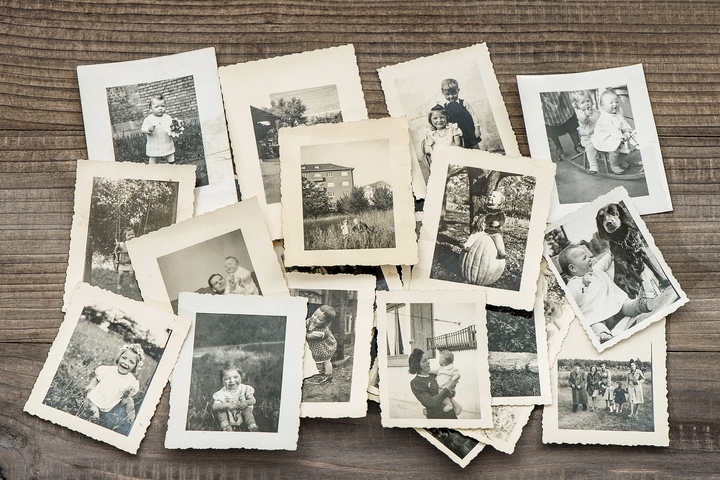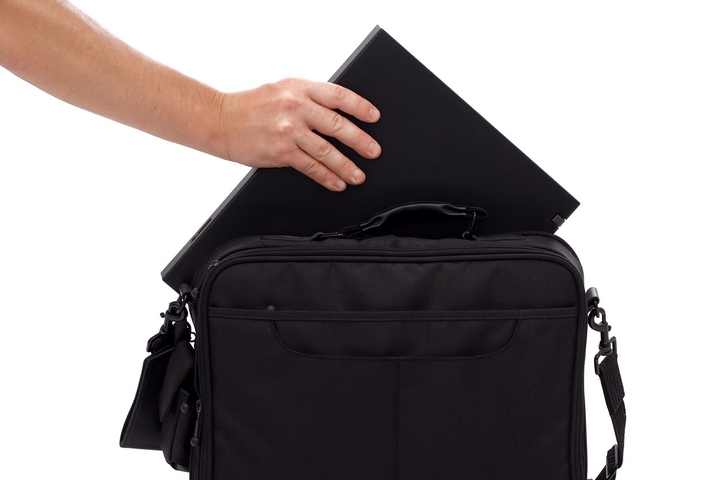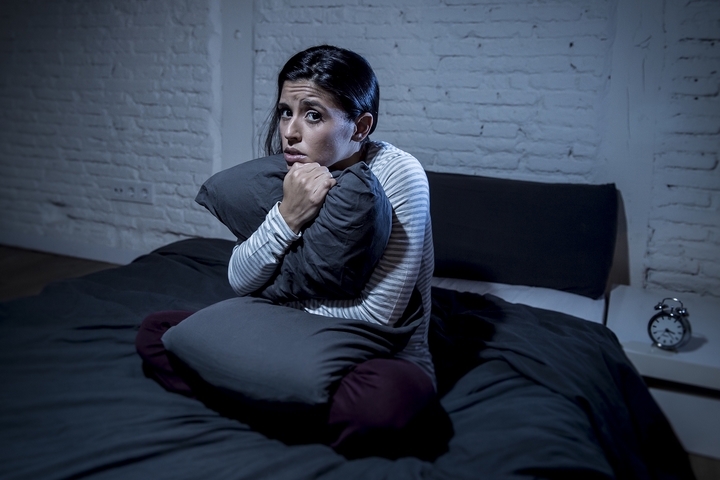
The fear of being home alone is called ‘monophobia’. It’s a very real fear that includes anxiety around being apart from a particular person or being alone at home temporarily or living permanently on one’s own. Fortunately, there are some strategies and actions you can use to combat those fears.
Use these eleven different ways on how to overcome the fear of being home alone:
1. Home Security Systems
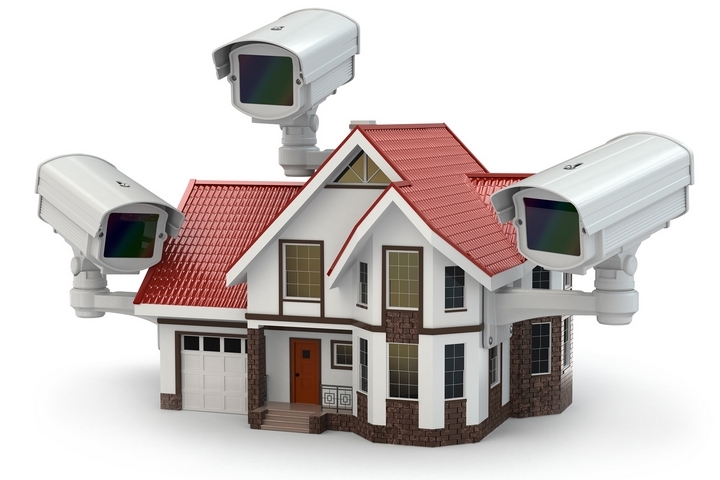
A sense of security helps you overcome the fear of being home alone. If you have a fear of being home alone due to a past traumatic event or living in an unfriendly neighborhood, install a home security system or home alarm monitoring.
Some models come very inexpensively and give you the chance to monitor everything from who enters or exits to window and door monitors, video surveillance, and more.
2. Relaxation Strategies

There are relaxation exercises, such as purposeful breathing, one can practice to help keep themselves calm throughout a temporary period of fear of being home alone. There is also relaxation actions, such as mediation and aromatherapy, which can be taken to help you maintain a reasonable level of calmness. These things are either easy to learn or very affordable and can help in a number of ways.
3. Distraction Therapy

If you understand what you’re fearful of and the reasons why you’re afraid, the next step is minimizing the risks that could be underlying said fear. This often can involve investing in mental health strategies, such as cognitive behavioral therapy, which can help with self-regulating emotional responses.
Distraction therapy is using things like background noise to impact your perception of what’s around you. Things like keeping the television on or playing some music while you’re around fills the environment with sound which can be a huge help in keeping the brain from falling into patterns of panic and anxiety.
4. Pay Attention to Statistics

Statistically speaking, millions of people will be home alone today and tonight, and nothing significant or threatening their safety will transpire. The likelihood of anything happening is incredibly insignificant. If being home alone truly scares you and you’re an analytical thinker, ensure you’re being realistic about your fears and what’s out there. Chances are you’re very safe.
5. Be Active

Some people with a strong fear of being home alone maintain a schedule to keep them engaged, doing something, and to keep their mind thinking. Pursuing a hobby, watching a new series, baking, or even a home workout can be enough to the brain focused on other things. Anything that keeps you off the patterns of thinking fear when you’re home alone is helpful.
6. Rituals
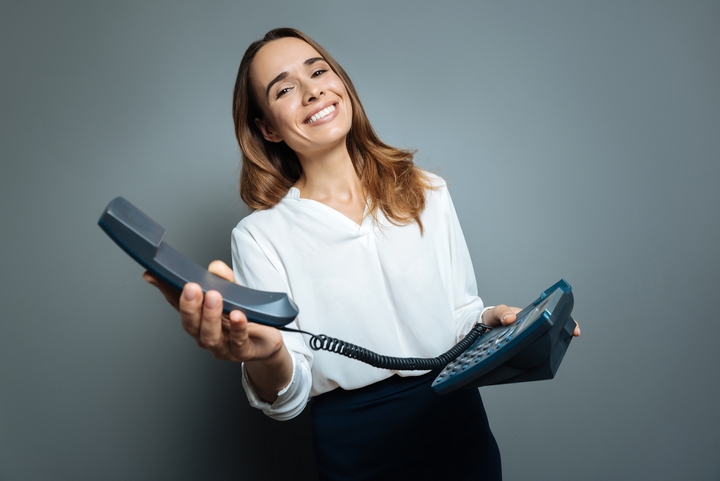
If you’re home alone for an extended period of time, rituals can help. This can be as simple as ensuring your family checks in with you every night at a certain time, for a quick phone call or message exchange. If it’s a romantic partner who is away for work or travel, consider a regular dinner date every few days which can be had over Skype.
7. Let A Neighbour Know

Once again, if you’re going to be home alone for a few days or more, let a neighbour you trust know. This way, you know you have someone to turn to if anything were to happen.
As nice as friends and family can be, they aren’t physically close. If you need something, a neighbour’s an ally you can rely on. Ask them beforehand if it’s ok to get in touch with them if there’s an emergency.
8. Use Your Support System

You may have a friend who is aware of your condition or a family member. It doesn’t hurt to contact them if you end up experiencing unwarranted anxiety or panic. Alert them beforehand of the possibility you might be contacting them. Though you can’t keep them with you 24/7, for when things get particularly bad and you really need someone, you know you have some immediate support.
9. Secure Yourself
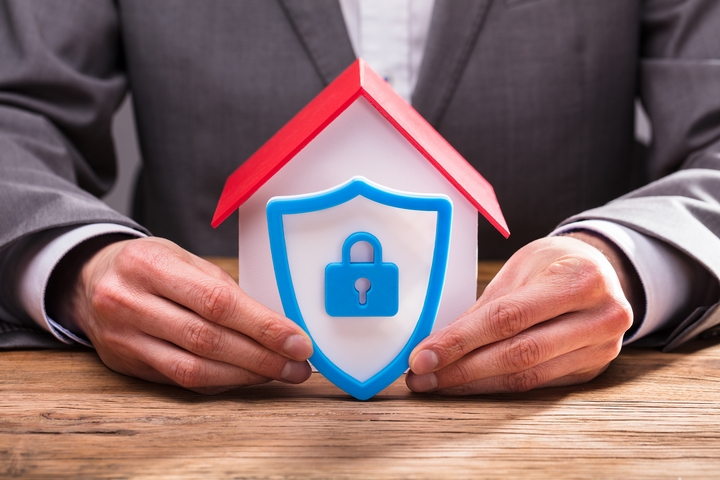
A home security or home alarm is only as good as the person using it ultimately wants. Ensure you’re locking windows and doors, and doing what you can to feel safe while home alone. Chances are once you have the locks on, you’ll feel a lot more at ease knowing no one’s ever going to get in. Add to that a home security and alarm monitoring system, and your home’s prepped with everything it needs to protect you.
10. Emergency Plan
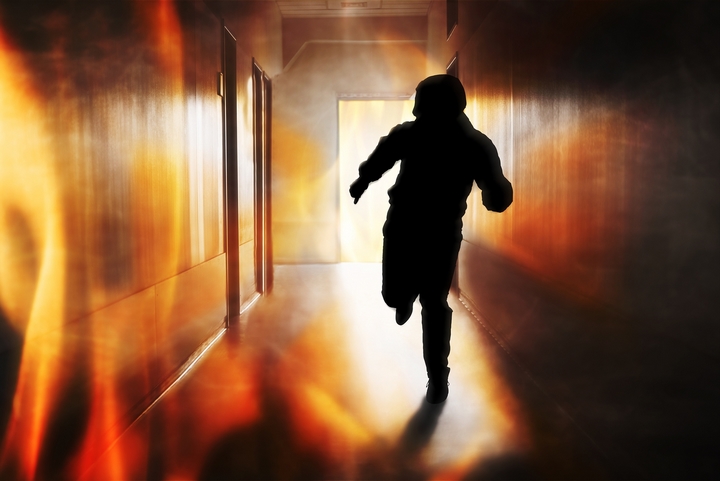
If something goes wrong – however unlikely – ensure you know what your response will be. Emergency planning can involve contacting the authorities if needed or a family member, securing yourself in a safe space in your home, or running drills to make sure you’re ready.
11. Carrying Your Phone
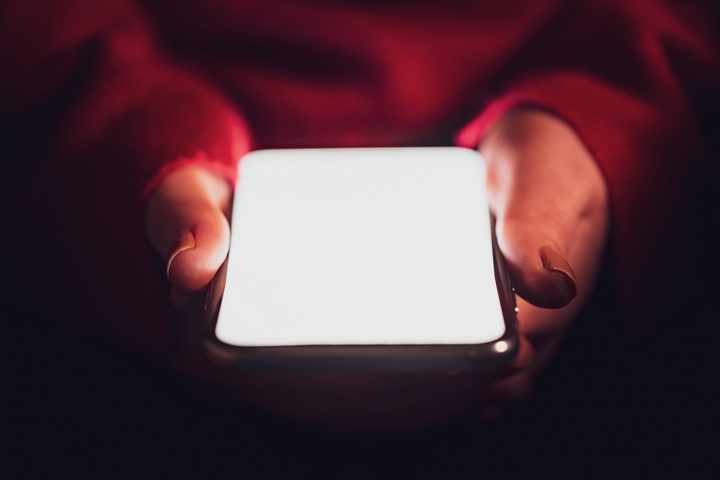
Wherever you go in the home – kitchen, bathroom, to bed, etc. – have your charged phone in arm’s reach. This way, you have your connection ready if you have to call 911 due to an emergency situation. It may further put you at ease to be able to monitor your alarm system and/or receive security text notifications from the same smartphone.








